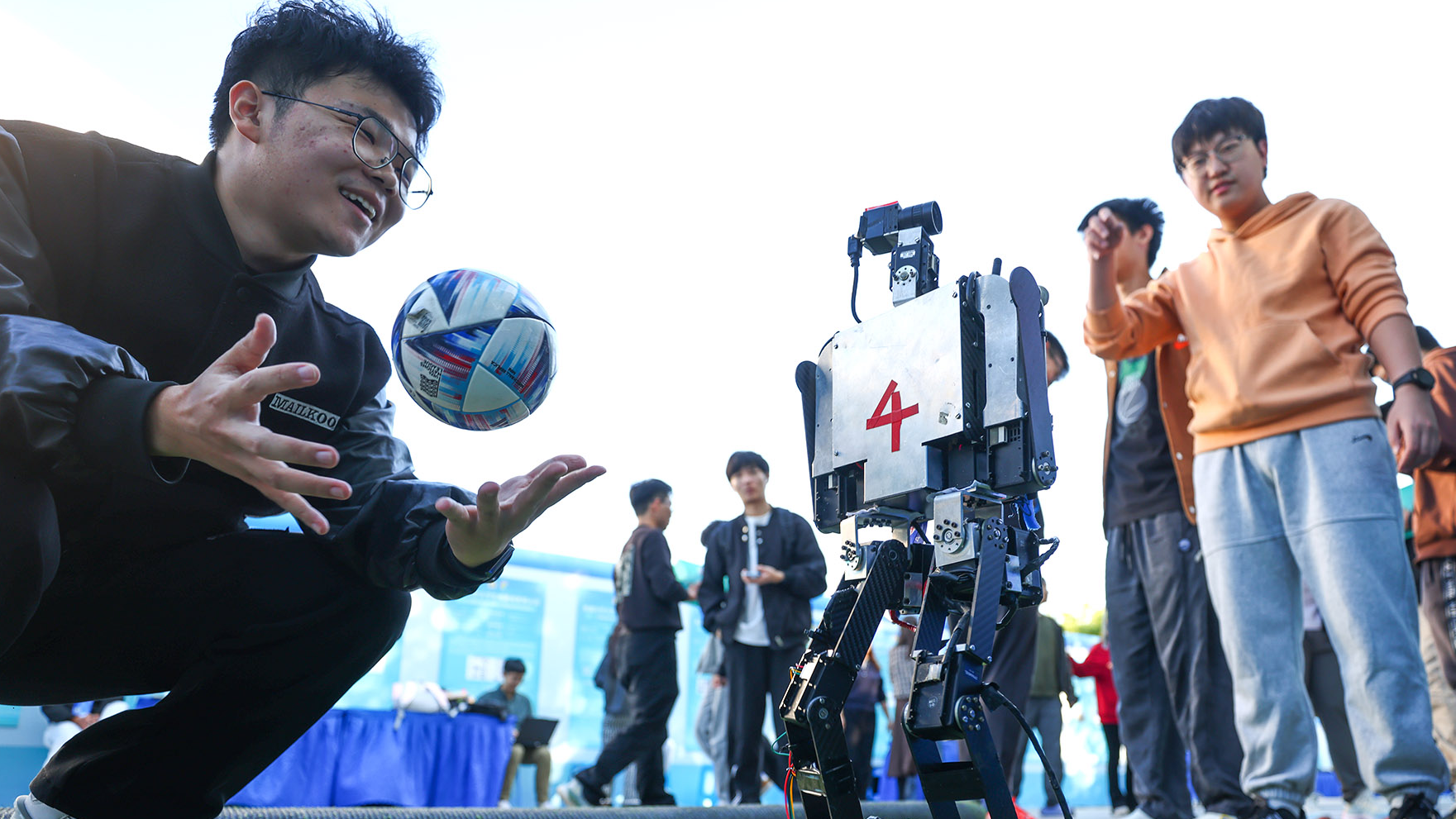
In recent years, Chinese universities have been trying to align their courses with the evolving needs of both society and industry. An example is China Civil Affairs University launching an undergraduate program called "marriage services and management". This program aims at cultivating professionals who can manage the full cycle of marriage, preparing graduates for careers in matchmaking, wedding planning, marriage counseling and more. The idea is to better match academic output with market demand, while navigating the fine line between vocational training and academic integrity.
The Ministry of Education has made it clear that universities must not only respond to the demands of the labor market but also foster an educational environment that prepares students for the challenges of an ever-changing world. In 2021, China issued a set of guidelines for promoting the high-quality development of modern vocational education, emphasizing that vocational education is an indispensable part of the national education system, playing a crucial role in the development of a skilled workforce.
READ MORE: Capacity of technology evolving in education
China aims to have a modern vocational education system in place by 2025, and to build a skill-based society by 2035. In this context, universities across the country are rethinking traditional academic offerings and prioritizing programs that address specific industry needs.
Yet, as higher education adopts a vocational focus, it raises important questions: Do all professions require university education? Take, for instance, the marriage services sector. Even before the establishment of the marriage services and management program, matchmaking and wedding planning were already well-established industries, often relying more on experience and enthusiasm than formal education.
Does such an industry truly require a degree-driven workforce? If universities begin to offer large-scale programs for every niche industry, will we risk inflating educational requirements and raising unnecessary barriers for entry, leading to waste of resources and more intense competition for jobs? If universities are reduced to being vocational training factories, how will they continue to foster critical thinking, creativity, and cultural enrichment? These are important questions that must be addressed in the debate on the future of higher education in China.
Despite these concerns, the growing demand for marriage services reveals a clear trend toward professionalization in this sector. According to the Ministry of Civil Affairs, the number of marriage registrations in China reached nearly 6.84 million in 2022, and the wedding industry alone is worth over 100 billion yuan ($13.77 billion).As wedding services become increasingly diversified — from Korean-style crystal weddings to new Chinese-style outdoor ceremonies — the need for professional expertise is becoming more pronounced.
Furthermore, marriage counseling, an emerging field in China, is becoming a well-established profession in many Western countries. In the United States, marriage and family therapists have become an established profession, with 76,000 practitioners in 2023, and the number is expected to grow by 16 percent over the next decade. The success of such professions demonstrates that marriage services are becoming an increasingly specialized field that requires both academic knowledge and practical skills.
In China, the marriage services industry also faces challenges: wedding planning remains highly imitative, and marriage counseling services are still in their infancy, with significant variation in quality. These issues highlight the need for systematic training and professional education to meet the growing demand. The China Civil Affairs University's new program aims to address these gaps. The program's launch not only meets the demand for skilled professionals but also marks an important step in the modernization of the industry. From a broader perspective, such initiatives reflect the role of vocational education in driving industrial transformation. For example, in service industries such as wedding planning, professional training can improve the quality of services, help shape market demand, and ensure that the sector remains responsive to the evolving expectations of consumers.
However, this transformation must be approached with caution. While universities should embrace market demand, they must also remain committed to their core educational mission: to foster intellectual inquiry, critical thinking, and social responsibility. The introduction of the Marriage Services and Management program illustrates a successful intersection of academic rigor and market need. It demonstrates how universities can respond to societal demands without compromising the intellectual foundation of their education.
ALSO READ: Pragmatic stimulus need of the hour
The question, then, is not whether higher education should adapt to market needs, but how it can do so while retaining its broader educational values. Universities must find a balance between vocational training and academic integrity, between immediate job market needs and long-term social responsibilities. The launch of programs like marriage services and management is a step in the right direction, but it is only one part of a larger transformation that must continue. Going forward, universities should optimize their academic offerings, strengthen industry-academic collaboration, and ensure that they are equipping students not only for today's job market but also for the challenges of tomorrow's world. Only by achieving this balance can higher education in China truly undergo meaningful reform, fostering talent that will drive the country's continued growth and prosperity.
As China's higher education system continues to evolve, it is crucial that the country's universities take a proactive approach, one that blends the demands of the marketplace with the long-standing ideals of academic rigor and social responsibility. The future of higher education will depend on this dynamic, thoughtful balance, and the success of initiatives such as the marriage services and management program will offer valuable lessons for the broader transformation ahead.
The author is a professor at the School of Social Research, Renmin University of China.
The views don't necessarily reflect those of China Daily.


